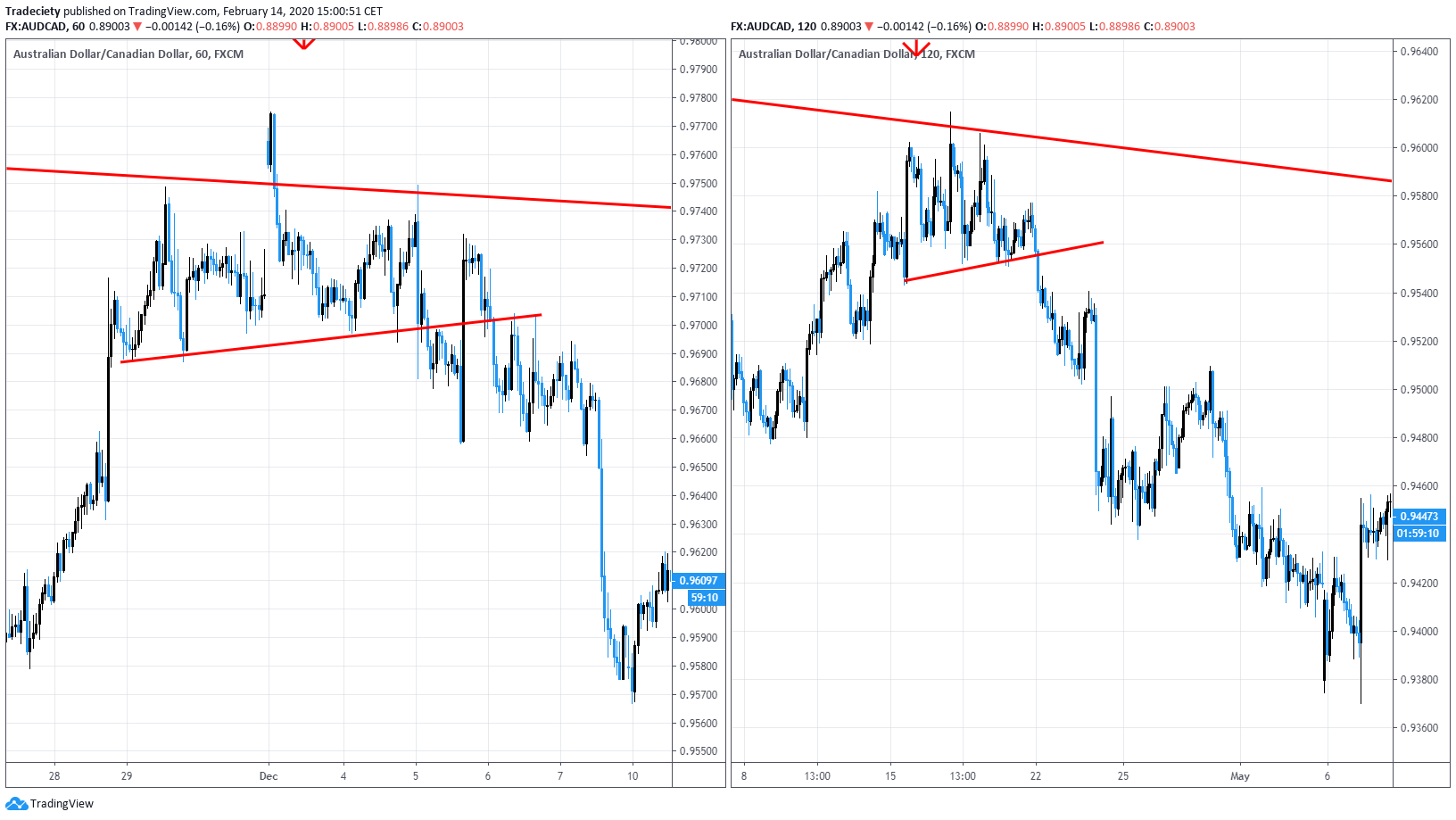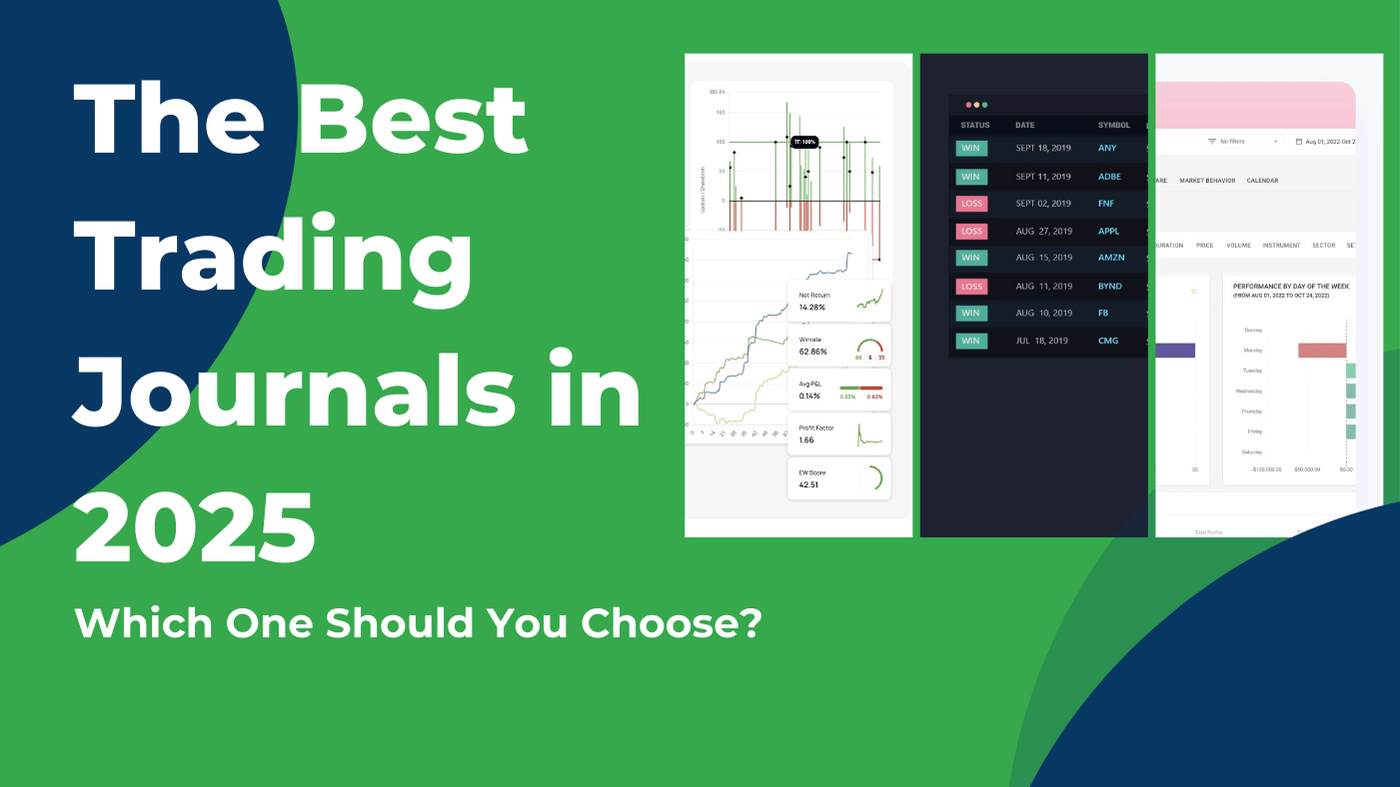3 min read
Scientist Discovered Why Most Traders Lose Money – 24 Surprising Statistics
“95% of all traders fail” is the most commonly used trading related statistic around the internet. But no research paper exists that proves this...

Short answer, yes. Undercapitalization, to me, is the biggest reason for people failing in this business. And Brett Steenbarger, a respected trading psychologist, agrees with me on that. That, and underestimation of business costs (=commissions). While discipline and diligence will bring you places, if you have little to no capital to work with, your chances of making it on your own are slim to none.
The main reason why small accounts usually turn into busted accounts is overtrading. A study we quoted in another article validates this point. 99% of us get into trading because we want to get rich, or need money. We want it all, and we want it now. We hear stories of people turning their 10.000$ into 4.000.000$ and are pranked into believing that we can do it too. With this goal in mind, we load up our trading account with 500$ and expect to double it up every month. I know, I’ve been there. We all have. It’s how this industry is being advertised, after all, so no wonder. Of course, there are people turning small accounts into fortunes, but those are outliers. What makes you think you are or will be one of them? It is much more likely you will engage in a gambler mentality and burn your account more than once.
If you have to make a certain amount of %-gain per month just to stay afloat or get rich quick, you will put a lot of pressure on yourself and this will affect your trading in detrimental ways, no doubt. Additionally, you will very likely turn to day trading and watch lots of instruments simultaneously to quickly get in as many trades as possible. While there is nothing wrong with being a day trader, your targets will typically be smaller than those of a swing trader and, thus, you will pay much more commissions in relation to your gains. This can absolutely kill an otherwise profitable strategy.
Also, patience is incredibly hard to keep up when you are playing for small stakes. Can you really sit in front of the screen for a whole day, then be in a trade for an hour, manage it correctly, and get out with a profit of 30$ – happily? If you’d be flipping burgers you would make more money. It’s just not going to work for most of us, psychologically, to trade a small account. It never worked for me. I started treating trading like a business once I started risking meaningful amounts of capital.
That doesn’t mean you should brainlessly increase your bet size until it hurts, though, but in my experience, it is definitely better to trade a “large” demo account than a small live account. Funding a demo account with 50.000$ will make it much easier for you to stick to your plan than when trading a 500$ live account. The fun is in the zeroes ;-). Making 2000 virtual dollars is more satisfying than 20 real dollars, trust me. And once you have proven on a demo account for 3 consecutive months that you can trade profitably, switch to a live account – a big one. Your success will come much faster and easier that way than trying to grind up a few cheeseburgers at a time.
But what to do when you can’t afford to fund a reasonable (let’s say 50.000$) account? There are several options:
Now those are all very viable options and while I don’t want to crush your dreams, I want to shift your values. Trading is not a get-rich-quick scheme. It is a business like any other and will simply not be operable without plenty of liquidity. Often when people get into trading, they want to escape their 9-to-5 job and not even remotely want to think about doing anything else than trading. While that passion is great and vital, in the long run, it will make you a better trader faster if you have other income streams to rely on and to boost your trading account.
What should be your goal then, in absolute numbers? Well, it depends on your cost of living. Residing in Tokyo will require you to have a bigger trading account than living it up in Bangkok. The ideal trading account size is such that if you risk 1% or 2%, you can live off one R-multiple per month. Meaning if you have a 50.000$ account, and you risk 2% per trade, that would be 1000$ – this should cover your monthly expenses (don’t forget taxes). The rest will be used to grow your account and make life better.
In an ideal world, you won’t even have to withdraw from your trading account because you have other income streams. Approaching trading like this will completely change your mindset. If you only need 2-3 good trades per month, you will become a much better trader because you will automatically be MUCH pickier, sitting on your hands and waiting will become incredibly easy, and you won’t be stressed out even for a second (your heart will thank you).
Having a nice financial cushion in the bank that covers your living expenses for the next 6 to 12 months will add another safety net that takes pressure off you and your trading, so you can focus on only one thing: improving as a trader as best you can, and the money will come along the way. Trust me.
Treat your trading like a business, not like a trip to the casino, and you will do just fine.

3 min read
“95% of all traders fail” is the most commonly used trading related statistic around the internet. But no research paper exists that proves this...

3 min read
Trendlines can be great trading tools if used correctly and in this post, I am going to share three powerful trendline strategies with you.

3 min read
Choosing the right trading journal is essential for traders wanting to analyze performance, refine strategies, and improve consistency. In this...